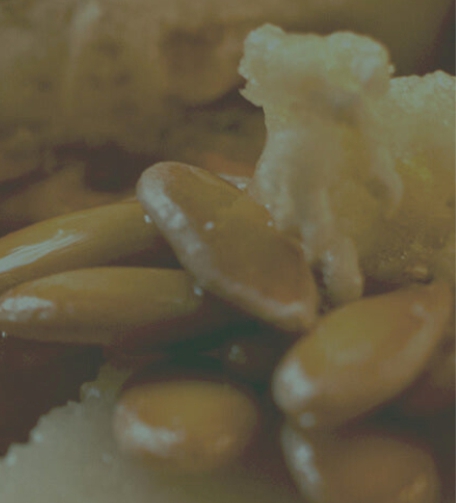Start the day off right
Balanced meals are a great way to fight fatigue. To avoid low energy, we favor foods with a low glycemic load . Products that are too sweet or too rich in carbohydrates tend to cause blood sugar spikes which then translate into energy drops (exit pastries). Breakfast should cover about 25% of our daily needs, it's the fuel that allows the body to start the day well after a night's sleep .
For an energizing breakfast, focus on starchy foods such as wholemeal bread or cereals rich in fiber (oatmeal for example). To fill up on vitamins , you can opt for a fresh fruit such as orange or kiwi, the latter are more interesting, from a nutritional point of view, than prepared fruit juices which tend to be very sweet. Incorporating protein at breakfast avoids mid-morning cravings. Milk or cottage cheese, for example, can accompany cereals and are an interesting source of calcium . Drinking is also important to hydrate the bodyand boost it in the morning!
There are many varied diets that can help boost your mornings , some recommend the consumption of eggs, vegetables or dried fruits, smoothies or even low-calorie breakfasts.
Another interesting and different alternative is to practice intermittent fasting . There is no question of severe dietary restrictions, the practice is simply to consume nothing other than water, coffee or infusions (without sugar) for 16 hours, for the next 8 hours, return to food usual. If you don't eat dinner too late, all you need to do is have a hot drink before going to work in the morning and you can resume your usual meal schedule from 1 p.m. Fasting can be a method to regain energy. However, the method is not recommended for all profiles and it is advisable to remain reasonable.
























